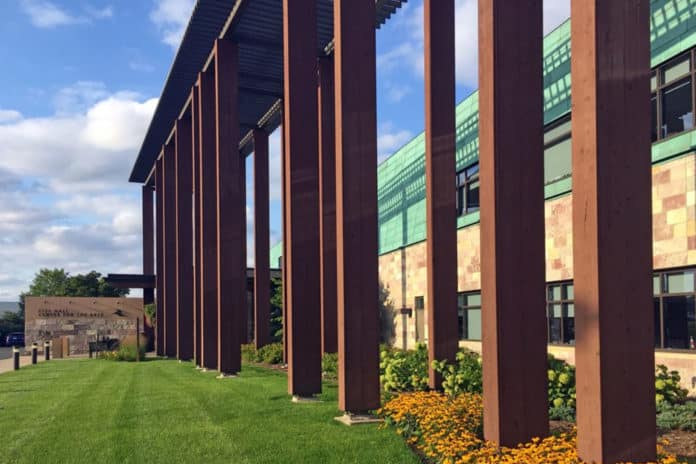A group of Bloomington residents have filed a petition with the city clerk to initiate the process of repealing ranked-choice voting (RCV) in the city.
Voters in Minnesota’s fourth-largest city voted in favor of transitioning to the ranked-choice voting system in November 2020. The measure passed by two percentage points, but turnout was reportedly above 85%.
“It looks like our turnout this week was more than 85%, so even though the margin was slim, the move to ranked-choice voting was chosen by the people,” Mayor Tim Busse told the Star Tribune at the time.
The city said it was committed to educating the public on “how to use this new voting system successfully.”
But a group called Residents for a Better Bloomington thinks the proposal was rushed onto the 2020 ballot with little research or public engagement.
“In its unjustified haste, the council has replaced simplicity and transparency in voting with complexity and confusion. Bloomington voters are now left with a solution in search of a problem. How many ballots were spoiled by voters confused by RCV?” the group said in a press release.
Their petition to once again place the topic of RCV on the ballot received 3,300 signatures, more than the 2,800 needed. If successful, RCV would be forbidden in all municipal elections unless “first approved by two-thirds of voters,” according to documents filed with the Bloomington Charter Commission.
“Well-heeled proponents of RCV — outside Bloomington — unleashed a withering, highly sophisticated, and staggeringly expensive lobbying/public relations campaign to impose RCV on a citizenry with many serious questions and concerns,” Residents for a Better Bloomington commented.
They said FairVote Minnesota, an affiliate of the national FairVote organization, provided 98% of the funds to bring RCV to Bloomington. At a recent FairVote rally, Gov. Tim Walz endorsed ranked-choice voting, as have other prominent Democrats such as Rep. Dean Phillips.
But it’s not strictly a partisan issue. Two California governors, both Democrats, have expressed opposition to RCV in recent years.
RCV is currently used in five Minnesota cities: Minneapolis, St. Paul, Minnetonka, St. Louis Park, and Bloomington.
Residents for a Better Bloomington described RCV as a “convoluted and controversial experiment.”
The Center of the American Experiment’s Bill Glahn explained the RCV process this way: “In ranked-choice voting, rather than choosing a single candidate, voters are invited to rank up to three choices for each office. If no candidate receives more than half of voters’ first choices, then second and third choices are added up, until one candidate obtains a majority of voters’ preferences.”
Under RCV, there are no primary elections and all candidates instead compete in one general election.
The Bloomington Charter Commission will meet Thursday night to discuss the petition.

















